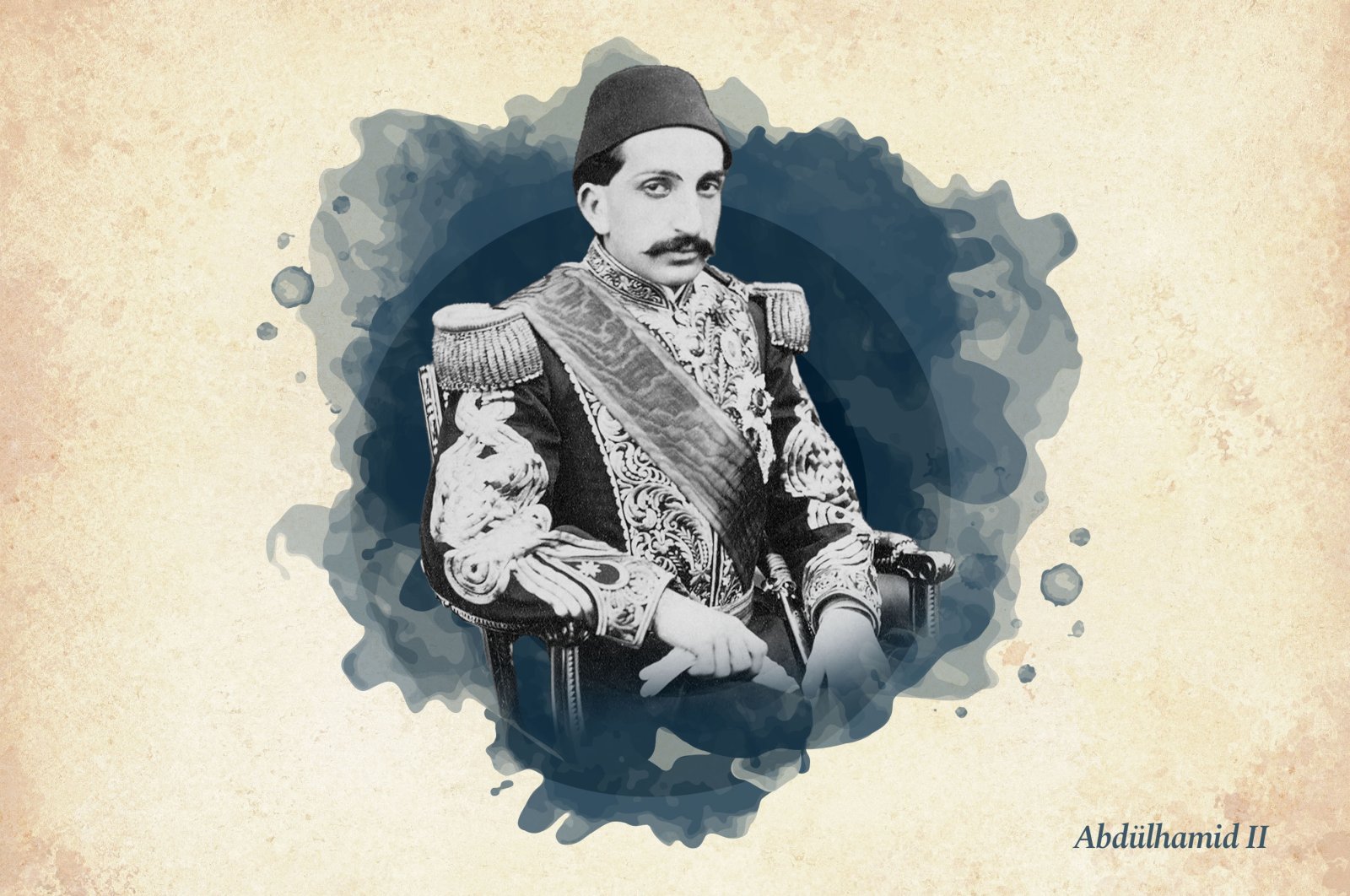
MIGHTY SOVEREIGNS of OTTOMAN THRONE: SULTAN ABDÜLHAMID II
Born in 1842, Sultan Abdülhamid II was the son of Sultan Abdülmecid and Tîrimüjgan Kadınefendi. When he was 10 years old, his mother of Circassian descent died of tuberculosis. He received a good education and training from distinguished teachers in the palace. During the reign of his father and uncle, he lived a comfortable and free life in his mansion in Maslak.
Abdülhamid ascended the throne as the 34th Ottoman sultan and 99th Islamic caliph at the age of 34, after his elder brother, Sultan Murad V, was deposed due to his illness in 1876. He had promised a constitution to those who enthroned him. He kept his word.
The first Ottoman constitution, Kanun-i Esasi, was proclaimed and Parliament convened. The Ottoman Empire turned into a constitutional monarchy. However, Sultan Abdülhamid reigned as a symbolic ruler for the first two years as the power was actually in the hands of the military and civilian bureaucrat coup plotters who enthroned him.
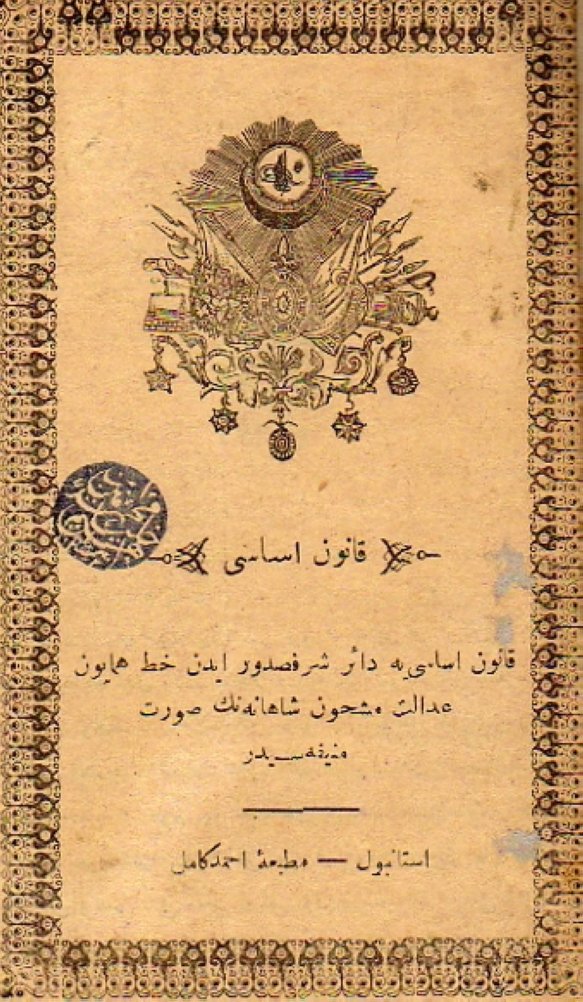
From democracy to autocracy
When Sultan Abdülhamid ascended the throne, a rebellion and military actions against it continued in the Balkans. When Russia intervened in the incident, European states organized a conference in Istanbul. At the conference, the Ottoman government was offered to make reforms in Rumelia; but the proposal was rejected.
Leading pro-constitution statesman Mithat Pasha, who also served briefly as Sultan Abdülhamid’s grand vizier, favored going to war with Russia. To achieve this goal, he urged people to take to the streets and hold demonstrations in favor of the war. He thought Britain would help, but he was wrong. Eventually, Mithat Pasha was sacked in January. Three months later, the 1877 Ottoman-Russian War resulted in one of the greatest disasters in Turkish-Islamic history.
In order to alleviate the damage of the war, the sultan asked for help from England. Britain agreed to help in return for a base in Cyprus. With the Treaty of Berlin signed in 1878 under these conditions, a great portion of the Ottoman lands were lost and a heavy war compensation was mandated. This treaty lies behind almost all of the Egypt, Eastern Rumelia, Crete, Macedonia and Armenian issues that took place during the reign of Sultan Abdülhamid. Without understanding this treaty, one cannot judge on this era and the political value of the sultan.
Sultan Abdülhamid II, who held Parliament and the government responsible for this catastrophe, dissolved Parliament and ruled the country from the palace for 30 years like his grandfather Sultan Mahmud II. Thus, the constitution remained in effect but the regime of the state was reverted to absolute monarchy.
The sultan brought the unsolved death of his deposed uncle, Sultan Abdülaziz, to court in 1881. This court, which included the most famous jurists of the time, concluded that Sultan Abdülaziz was murdered. He sentenced the perpetrators, including Mithat, Rüştü, Damat Mahmud Celaleddin and Damat Nuri pashas, and Sheikh al-Islam Hayrullah Efendi, to death. The sultan, who never liked violence and never applied the death penalty, did not approve of these punishments and instead had them banished.
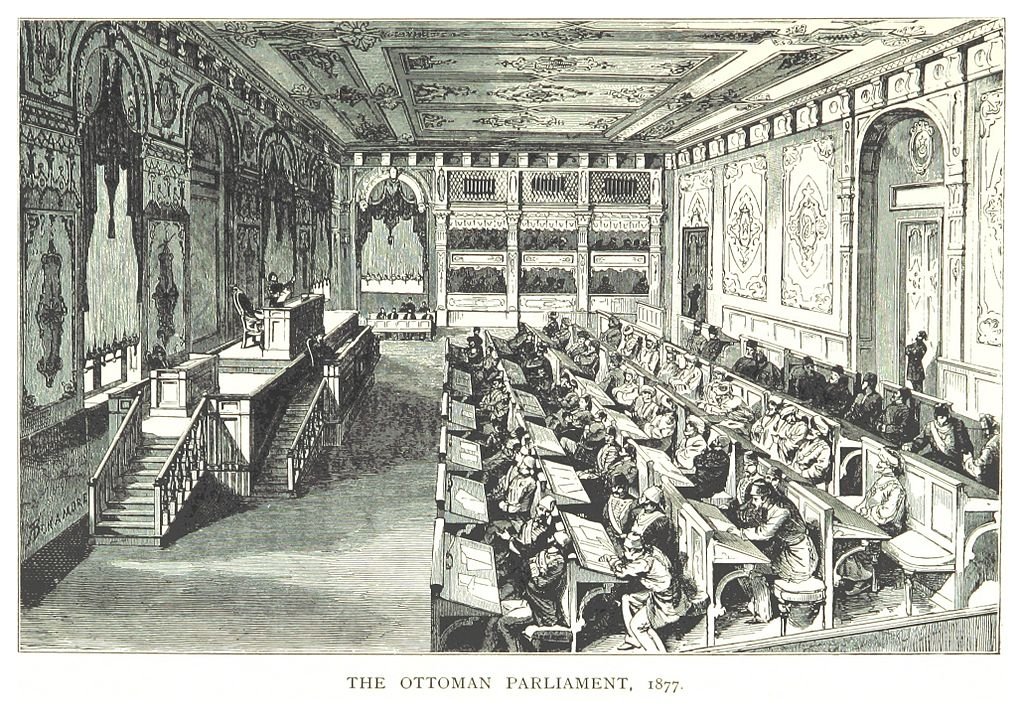
Escaping bankruptcy
Ismail Pasha, the governor of Egypt, could not pay the heavy debt he took for the reconstruction of his country and the construction of the Suez Canal. Thereupon, Britain bought half of the channel shares. An English minister of finance and a French minister of public works were appointed. When they started to demobilize the Egyptian army over financial savings, an officer named Urabi led a rebellion in 1879. The sultan dismissed Ismail Pasha and appointed Tevfik Pasha as the Khedive. But when Urabi expelled the European officials, Britain, seeing that the road to India was in danger, invaded Egypt in 1882.
Taking advantage of these disturbances, France landed soldiers in Tunisia in 1881. The Ottoman government did not accept the occupation of Tunisia, which in fact had been out of the control of the central government for years. Libya was closely tied to the central administration and a significant amount of soldiers were stationed there.
Sultan Abdülhamid II wanted both to restore the reputation of the treasury and prevent further trouble to the state over the foreign debts that were promised to be repaid under a payment program stipulated by the Treaty of Berlin that ended the war. First of all, he made an agreement with the bankers and made them agree to a plan to pay the domestic debts in 1879.
Then, the sultan made an agreement with foreign creditors by diverting the revenues of the state's alcohol, fish, salt, silk, tobacco and stamp taxes as collateral. In return, the debts were reduced by half. For this purpose, the Düyun-i Umumiyye (Ottoman Public Debt Administration) was established in 1881. Although this was not in line with the financial independence of the state, it was a very important and beneficial gain for the bankrupt state as the total debt was reduced to by more than half, the pretext for a major intervention was eliminated, and finally the financial reputation was restored. This also made positive contributions to the economy and financial administration.
The Ottoman-Greek war, which started in 1897 after Greece landed troops in Crete, ended with the victory of the Ottoman army. The Ottoman troops crossed the Thermopylae Pass in 24 hours, despite foreign military experts earlier saying it cannot be passed in six months, and arrived on the outskirts of Athens. Great powers intervened and peace was restored. The Ottoman Empire did not gain anything in this war, and its finances fell into a serious crisis. This crisis shook the sultan's reign.
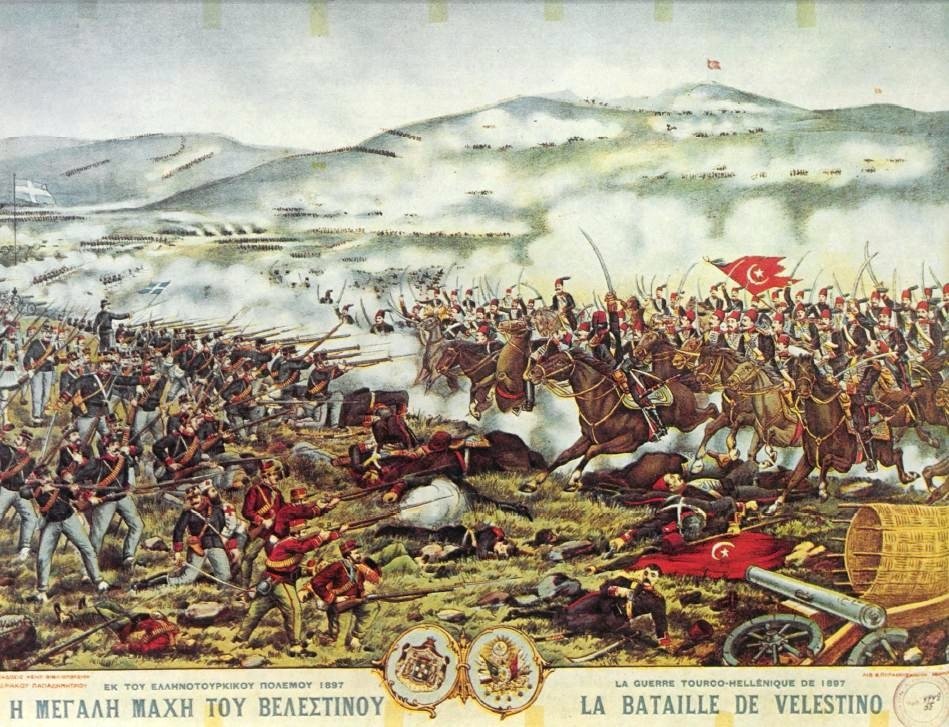
Red Sultan?
The Treaty of Berlin Treaty stipulated that the Armenians in Anatolia be given autonomy. The government neglected the application of this provision on the grounds that the Armenian population did not constitute the majority anywhere, unlike the Balkan peoples. Russia started to provoke a revolt among Armenians by establishing Dashnak (left-wing) and Hunchak (social democrat) parties and forming militias.
From 1894 onward, tensions began to arise between the Armenian and Muslim communities. There were massacres, looting and destruction. The security forces were incapable of preventing these. In 1896, Armenian militias raided the Ottoman Bank. In 1905, an attempt was made to assassinate the sultan. The incident got tangled up. Although Sultan Abdülhamid II was not directly involved, he was called the Red Sultan.
The Zionists, who began settling in Palestine beginning from the early 1880s, offered the payment of Ottoman debts in return for allowing the establishment of an autonomous Jewish homeland in Palestine in 1901. Sultan Abdülhamid rejected this offer and restricted Jewish immigration to Palestine as a precautionary measure.
Sultan Abdülhamid, knowing the difficulties endured by the state, tried to get along with all states with a fine-tuned diplomacy. He benefited from the balance of power between Britain, Russia and Germany. At the same time, he tried to use the influence of the caliphate to give the state a reputation and a sense of security to the Muslims of the world. He struggled through diplomatic means to have played against Islam or the Ottomans banned from the stages in Europe, and he succeeded.
The sultan commissioned madrassas and mosques in towns where Muslims lived all over the world. He sent aid and money to scholars. In order to undermine the influence of the caliphate, Britain, through Jamal al-Din al-Afghani, propagated in the Arab world that the caliphate of the Ottoman sultans was not legitimate. The sultan's policy, which embraced traditional Islam and opposed modernism, also faced hostility from some clergymen.
The age of culture
Sultan Abdülhamid founded a modern intelligence agency in 1880 as he witnessed several coups and assassination attempts. The sultan followed an intense espionage movement at home and abroad through the journals provided to him. He forbade publishing newspapers and books insulting religion, against individuals, violating public order and against foreign states in a manner that disrupts political relations. Apart from this, it is a fabrication of his opponents that censorship was applied in fear of words such as freedom, Parliament, or Murad.
The sultan introduced the principle that religious books should be presented to a committee of scholars before they were published and a license should be obtained. He had the illegal printing houses tracked down and had the books they printed without permission destroyed. Later, this would be used against his opponents as "he had religious books burned."
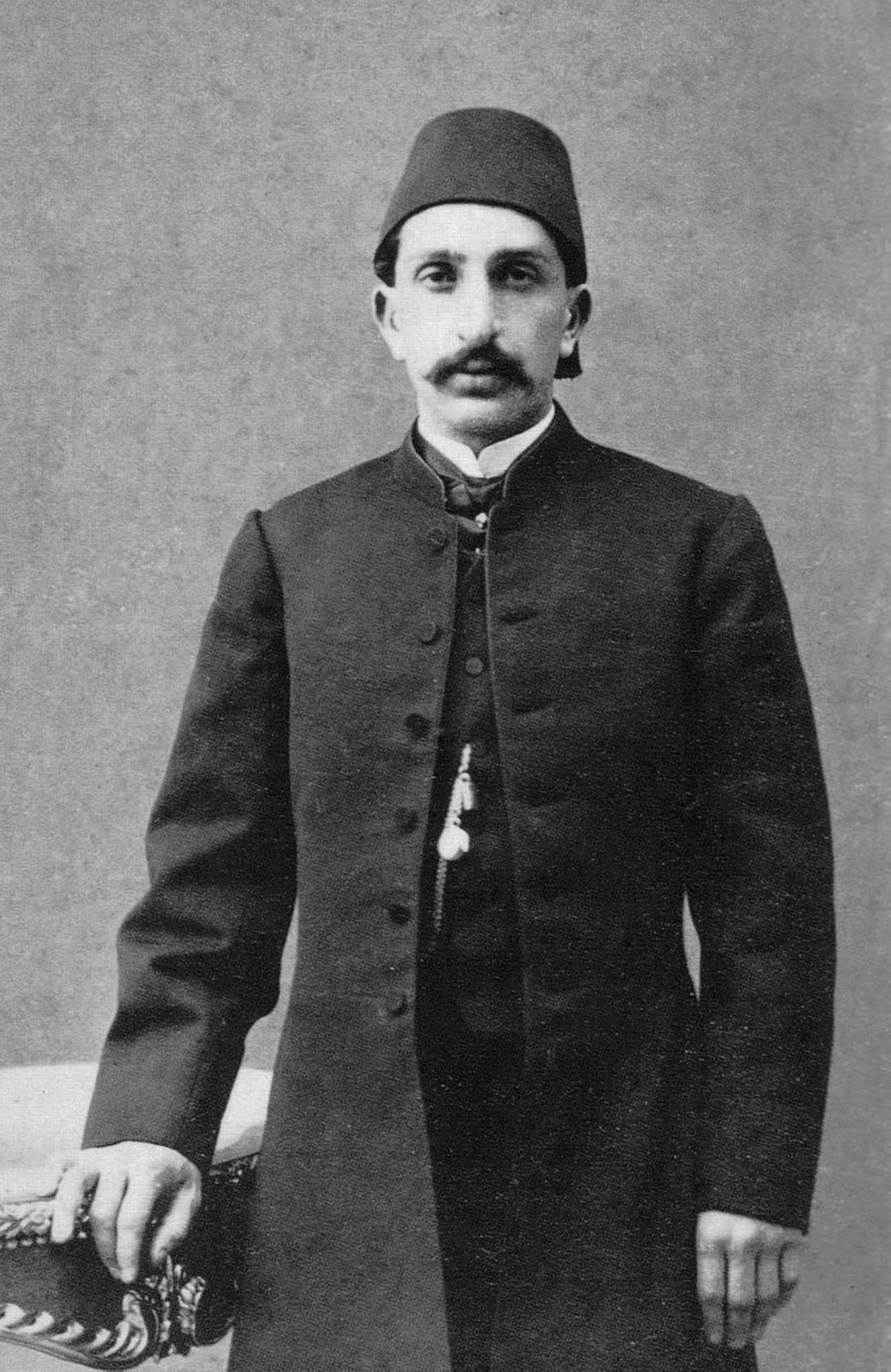
Sultan Abdülhamid did not want to interfere in other countries' matters, as he did not want interference in his own internal affairs. For this reason, newspapers were asked to behave respectfully to European states and their ambassadors, not to criticize the policies of foreign governments unless there was a special warning, and not to humiliate others while glorifying Islam. For example, when the whole world rejoiced when Japan defeated Russia, Ottoman newspapers acted impartially.
In publications for Muslim peoples living under Western imperialism, the call was for the direction of embracing Islam, not rebellion. Instead of political opposition, newspapers had made it their duty to enlighten the public and increase reading habits. Serialized novels, poems, cultural articles, humor articles and travel notes increased. Thus, newspapers created new literary items. As a matter of fact, there were newspapers with a circulation of 30,000 in Istanbul, which had a population of 500,000 at the time.
A legacy to modern Turkey
During the period of relative peace that lasted for 30 years, Sultan Abdülhamid focused on education and development activities. The activities carried out in his time would fill volumes of books. In 1879, the judiciary was organized. Today, the judiciary organization in Turkey dates from that time.
In his time, the number of printing presses, books, magazines and newspapers increased tremendously. Secondary schools were established in every town, and high schools were established in big cities. Faculties, girls' schools of all degrees, art schools, and schools for students with hearing and speech disabilities were opened. Instead of sending students abroad, the sultan preferred to appoint foreign teachers. Many hospitals were built at his time, and museums and libraries were established.
Sultan Abdülhamid closely followed the scientific discoveries in the world. He immediately sent a medal and monetary reward to Louis Pasteur, who had found the vaccine for rabies. He attached great importance to photography. He would examine the photographs of those who would enter the civil service. He had photographs taken of all over the country and had albums prepared.
The sultan made serious efforts to strengthen the army. He brought experts from Germany. To replace the old ships that lost their war power, he had high-quality cruisers and battleships brought in from Europe to strengthen the navy. The fortifications he had commissioned around the Dardanelles were an important reason for the 1915 Çanakkale victory.
Chambers of agriculture, industry and commerce were opened. The first modern census and statistics were carried out in his time. Many factories and workshops, ports and docks, clock towers, mines, dams and dikes were opened in the country. Official buildings began to appear all over the nation.
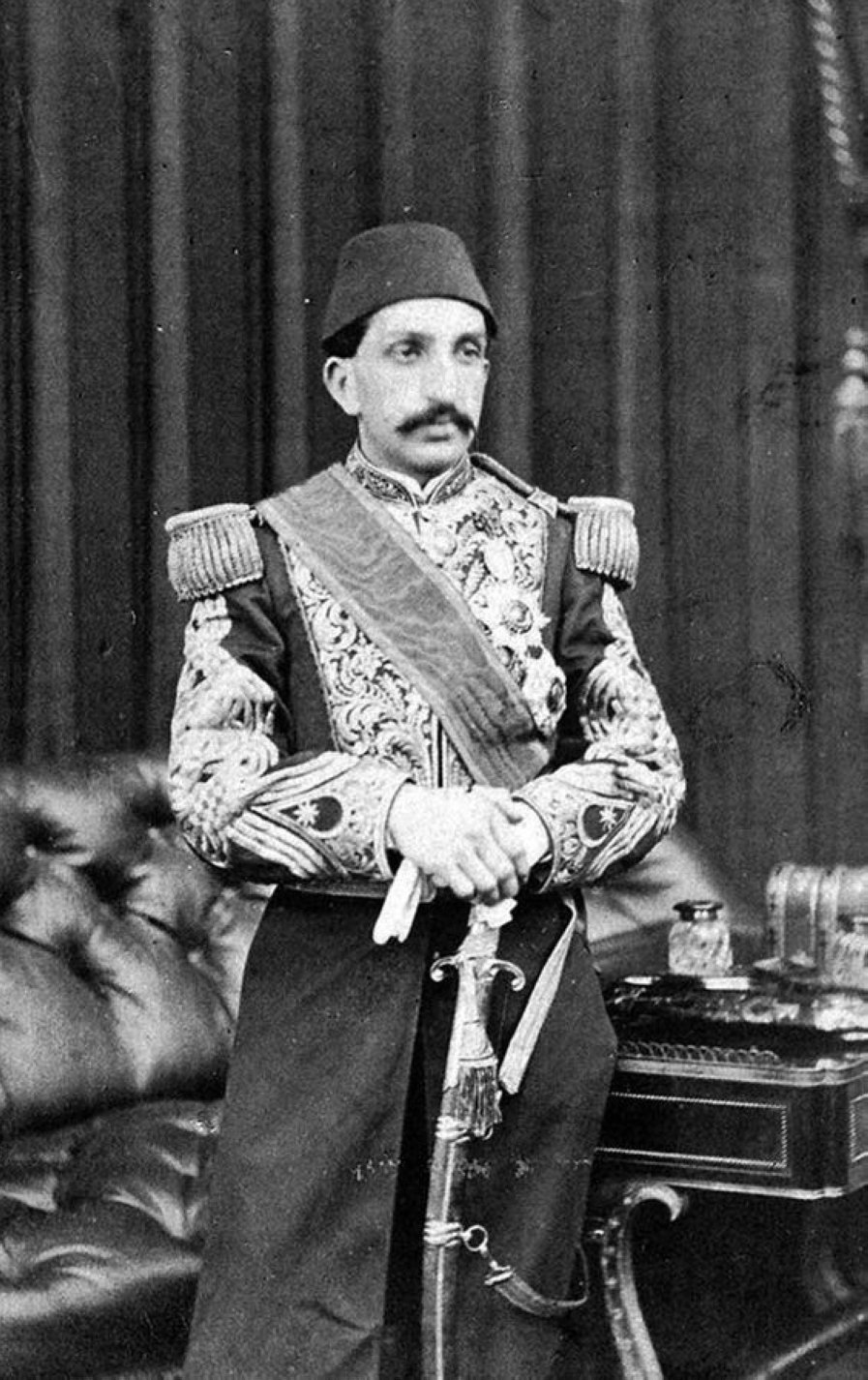
Affection of a father
In addition to education and construction activities, public order and safety, deflation and prosperity were witnessed in the country. People never had a problem with the cost of living. Moreover, because of his respect for religion and traditions, the sultan was loved by the people.
Telegraph and railway lines were extended. Two railway projects named Hijaz and Baghdad, connecting Istanbul to Yemen and Basra, were launched. The length of railways increased to 1,993 kilometers (1,238 miles) in Rumelia and to 2,507 in Anatolia.
The sultan approached every element of the empire with paternal affection. As he handed over the administration of his personal treasury to the Armenian experts, he entrusted his security to the guard regiment composed of Albanians and Arabs as well as Turks. His personal servants were Circassians.
Sultan Abdülhamid established the Hamidiye regiments in the East as a precaution against a possible Russian invasion. He flattered the Kurds and have them attached to spiritual ties, so much so that he was called Bâve Kürdan (Father of the Kurds). He had a Tribal School opened for the education of the children of both Kurdish and Arab tribal chiefs and notables of the world's Muslims. He forbade the celebration of the conquest of Istanbul so that the Greek citizens would not be hurt.
Sultan's downfall
The Committee of Union and Progress (CUP) was founded in Macedonia in 1889 and spread especially among the officer corps in Rumelia.
After the officers who could not receive their salaries for a long time and did not like the traditional politics of Sultan Abdülhamid revolted in Rumelia, in what would later come to be called the Young Turk Revolution, the sultan was forced to convene Parliament again in 1908. On the other hand, newspapers and books started to peddle propaganda against the sultan. Abdülhamid is one of the rare figures in history about whom there is a large negative literature, so much so that his mistakes were inflated or what he didn't do was shown as if they were done.
As a result of the political disintegration within the army, a counter-revolutionary rebellion broke out in Istanbul on April 13, 1909, bringing together CUP’s opponents, radical groups and disgruntled bureaucrats. The revolt, later came to be known as March 31 Incident, was suppressed by CUP-led troops brought in from Rumelia. The sultan was dethroned by the CUP-dominated Parliament and exiled to Salonica (Thessaloniki) under the pretext of this revolt, with the CUP or Britain rumored to be behind it. Yıldız Palace was looted by the soldiers. The movable and immovable properties of the sultan were confiscated by the CUP.
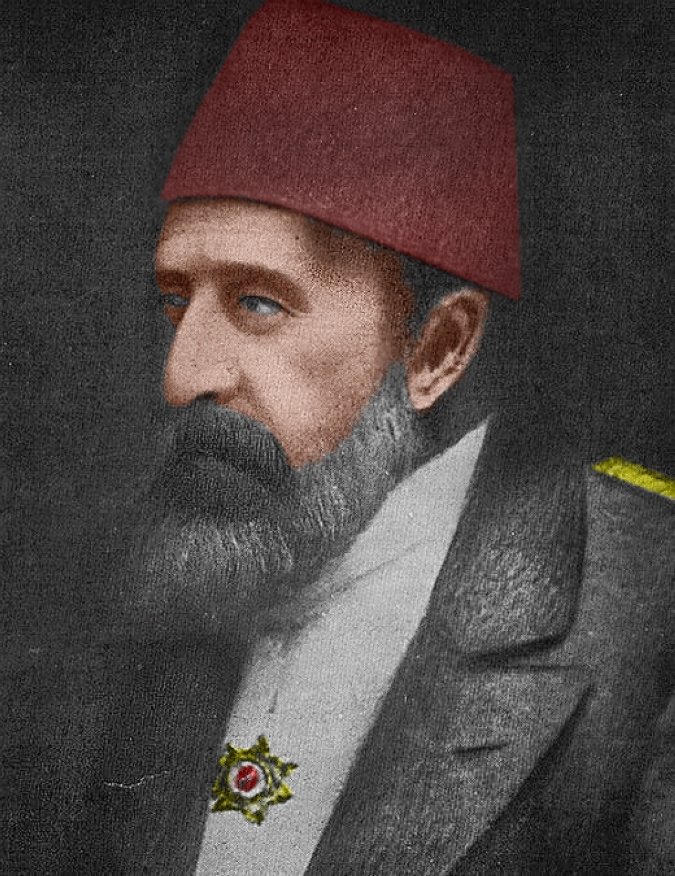
Upon the fall of Salonica, the former sultan was brought to Istanbul in 1913 and imprisoned in the Beylerbeyi Palace. He was banned from meeting his family, going out and reading newspapers. He died from pneumonia on Feb. 10, 1918.
People and benevolence
Sultan Abdülhamid II was medium height and thin. He was brown-haired with black eyes. His face and build carried the characteristic features of the Ottoman dynasty. He was intelligent, sensitive, gentle and dignified. His memory was sharp. He used to praise his relatives while fascinating the foreigners who met him with his sweet talk and kindness. He showed toughness when necessary as he could also easily placate his anger.
His voice was strong, he spoke calmly and clearly. He dressed and lived in a simple manner. He was generous. He understood well the era in which he lived, the morals and aptitudes of people, their moods and weak points. He tried to bind people to him with compliments, money, insignia and ranks.
Abdülhamid was a master carpenter, and his works are masterpieces of art. He used to run farms and mines when he was a prince. He had made a lot of money. He knew well that money was power. After ascending the throne, he rationally increased his wealth. He reduced his salary from the state. He used to cover the gifts he gave to people from his own wealth, and he also paid salaries from his own pocket to suspicious personalities that he had appointed to distant towns for political reasons.
He bought Palestine and the oil fields in Mosul and made them his personal property for political security reasons, which were later seized by the CUP and transferred to the state.
In his youth, he was very fond of sports. He was skilled in swimming, rowing, horseback riding and shooting. He also took great care of his health in his old age. He was very religious and cultured. He belonged to the Al-Shadhili (Şazeli) sect. He was survived by his sons Selim, Ahmed, Abdülkadir, Burhaneddin, Abdürrahim, Nureddin and Mehmet Abid, and his daughters Zekiyye, Naime, Naile, Şadiye, Ayşe and Refia.
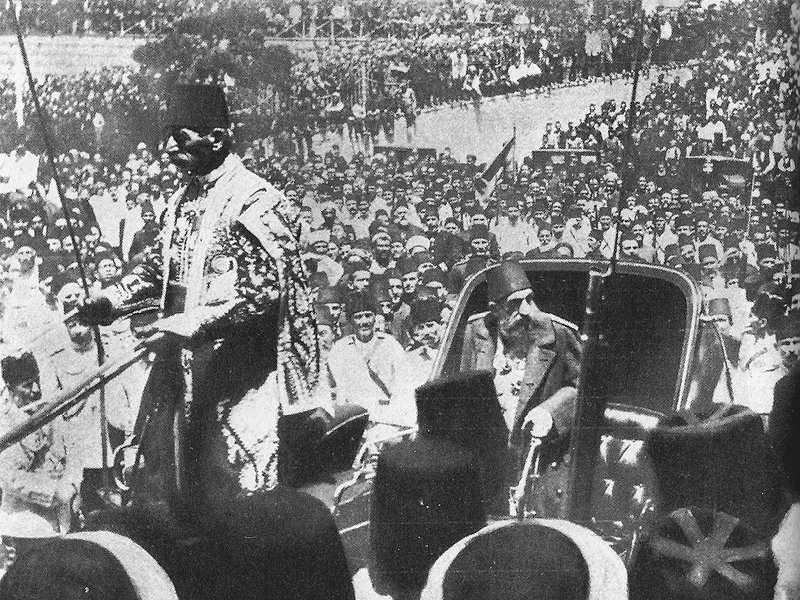
What did they say?
Some foreigners described him as follows: British Prime Minister Benjamin D'Israeli: "Neither a dissolute, nor a tyrant, nor a zealot, nor an instigator. A just ruler who loves his nation and country.” British ambassador, Austen Henry Layard: “A very amiable, well-intentioned, gentle and humane person, ready to do whatever he can for the good of his subjects with pleasure.” British Ambassador Nicholas O'Conor: "The man who keeps the peace of Europe." French Ambassador Maurice Bompard: “There is no diplomat in Europe like him who knows foreign policy.” British Navy Lord John Fisher: “He is one of Europe's most adept and agile-minded diplomats.” British historian Joan Haslip: “History will one day write that he always worked for the happiness of his nation.”
Sultan Abdülhamid always used civilized methods in foreign policy and acted in very subtle and clever ways. He understood the importance of propaganda, which is the most effective means of power of our time, and tried to use it in the most effective way for not offensive but defensive purposes against imperialist and colonialist policies.
He struggled to survive on large lands, aiming to nullify many plots against him. Coups and assassinations have made his already prone character more suspicious. This suspicion, which should be considered normal under those conditions but exaggerated by some, was closely related to the tremendous political struggle for life going on around him. This suspicion was actually a policy and a tactic. Thus, he led his opponents in the wrong direction and misled them about his true purpose for a long time.
Knowing what he could do and what he could not do, he followed an honorable path in politics. He was not a person of minor ideas and circles, and acted with lofty purposes like his ancestors. In this way, many political dangers were eliminated with small concessions.
From the collapse of the great empire within 10 years after his departure, it is clear that Abdülhamid extended the state’s life by 30 years with his mistakes and merits. The Ottoman Empire, one of the five largest in the world at the time, turned into a third-world country in the next 10 years.
Önceki Yazılar
-
THE WATER OF IMMORTALITY IN THE “LAND OF DARKNESS”28.01.2026
-
THE WORLD LEARNED WHAT FORBEARANCE IS FROM SULTAN MEHMED II21.01.2026
-
THE RUSH FOR GOLD14.01.2026
-
TRACES OF ISLAM IN CONSTANTINOPOLIS7.01.2026
-
WHO CAN FORGIVE THE KILLER?31.12.2025
-
WHEN WAS PROPHET ISA (JESUS) BORN?24.12.2025
-
IF SULTAN MEHMED II HE HAD CONQUERED ROME…17.12.2025
-
VIENNA NEVER FORGOT THE TURKS10.12.2025
-
THE FIRST UNIVERSITY IN THE WORLD WAS FOUNDED BY MUSLIMS3.12.2025
-
WHO BETRAYED PROPHET ISA (JESUS)?26.11.2025